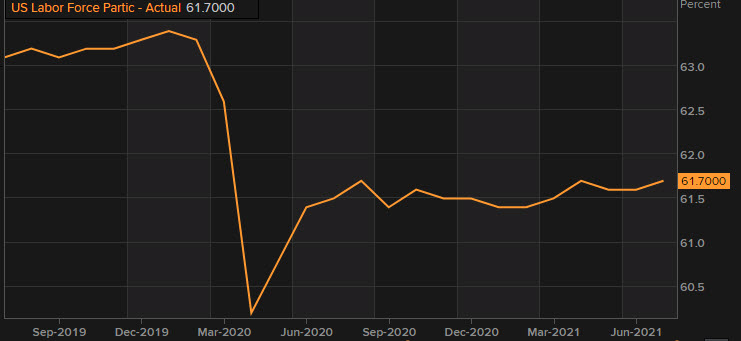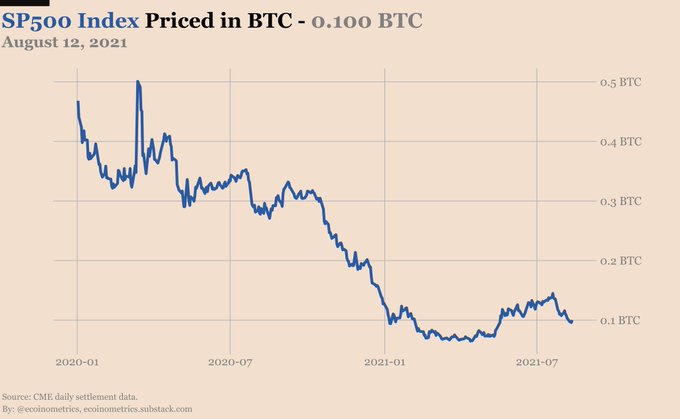Japanese second quarter growth data
- Q1 final reading was -1.0%
- Annualized sa +1.3% vs +0.7% expected
- Q1 final reading was -3.9% annualized
- Private consumption +0.8% vs -0.1% expected (-1.5% prior)
- External demand -0.3 pp vs -0.1 pp expected (-0.2 pp prior)
- Capital expenditures +1.7% q/qvs +1.7% expected (prior -1.2%)
- Exports +2.9% q/q
- Domestic demand contribution +0.6 pp
The domestic economy held up better in Q2 despite covid restrictions. It’s another data point that shows that the global consumer is holding up better to lockdowns than previously and increasingly learning to live with restrictions. Meanwhile, external demand is struggling with two quarters of declines.
Some background if you find useful:
- state of emergency curbs to combat the coronavirus pandemic are sapping GDP growth, weighing on consumption.
- Export growth is robust, which is a positive
- rising energy and commodities prices could worsen terms of trade (Japan is heavily reliant on raw material imports)





/GettyImages-483658563-fbe002bf7f6d467a94d87cd153ddfa73.jpg)


